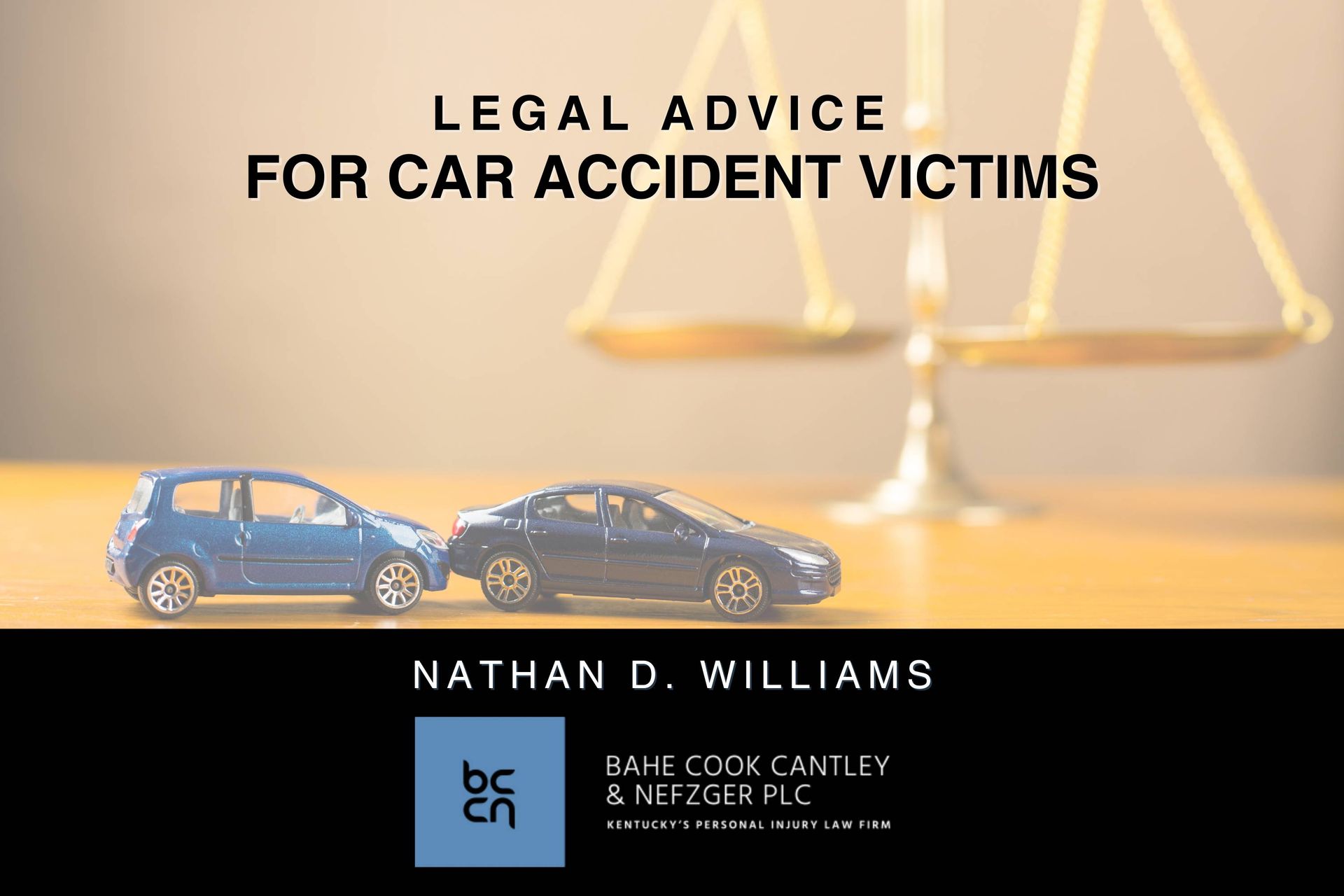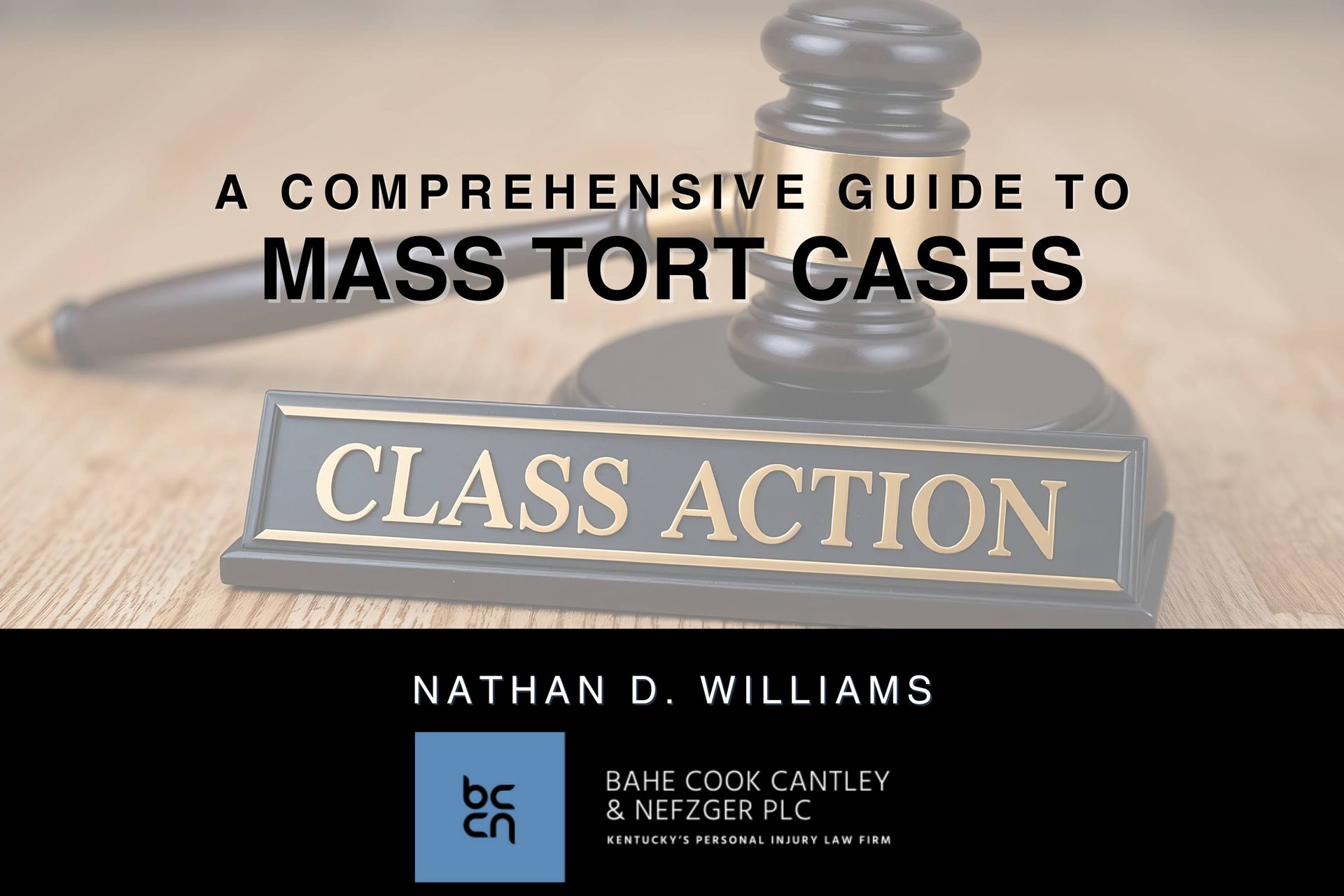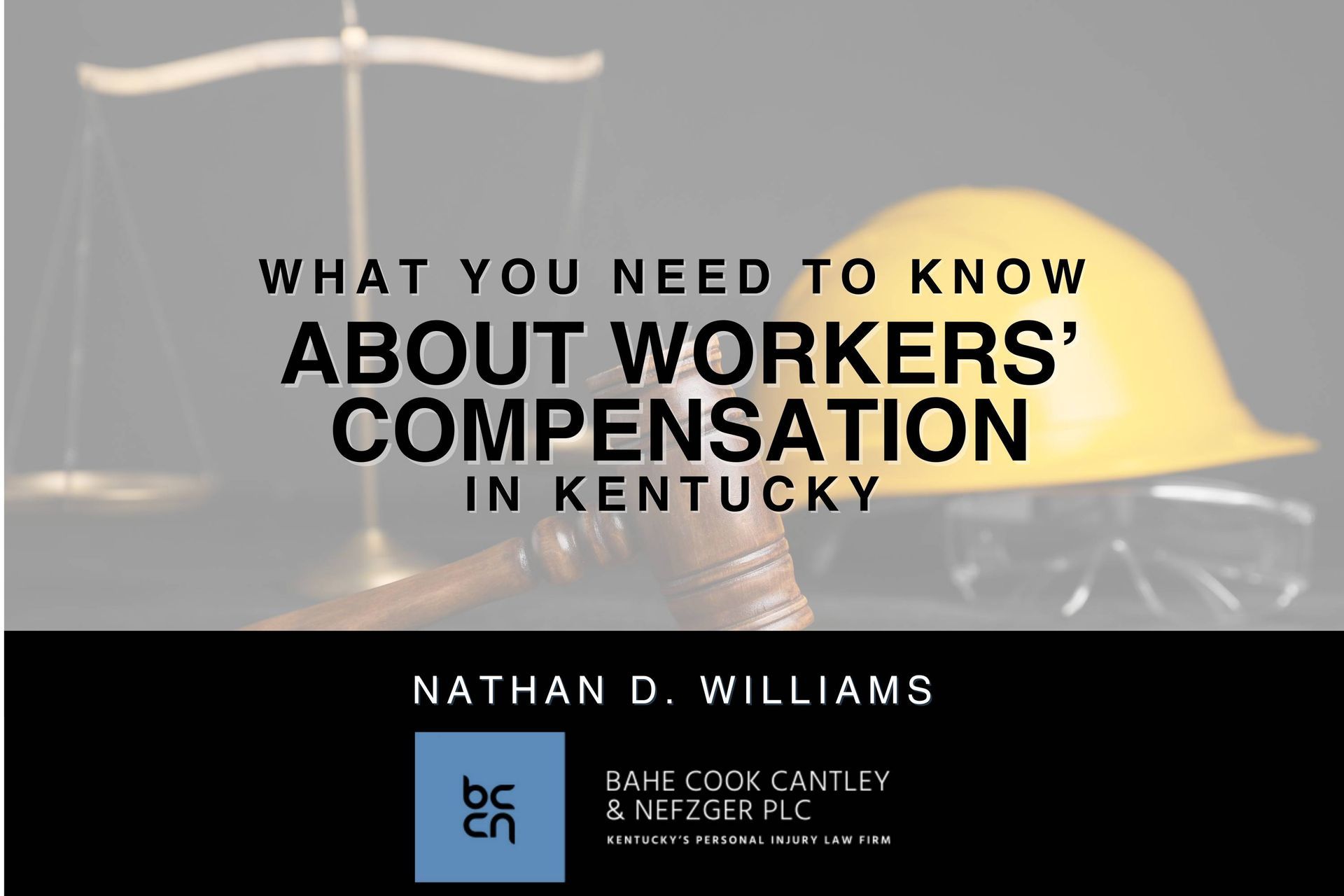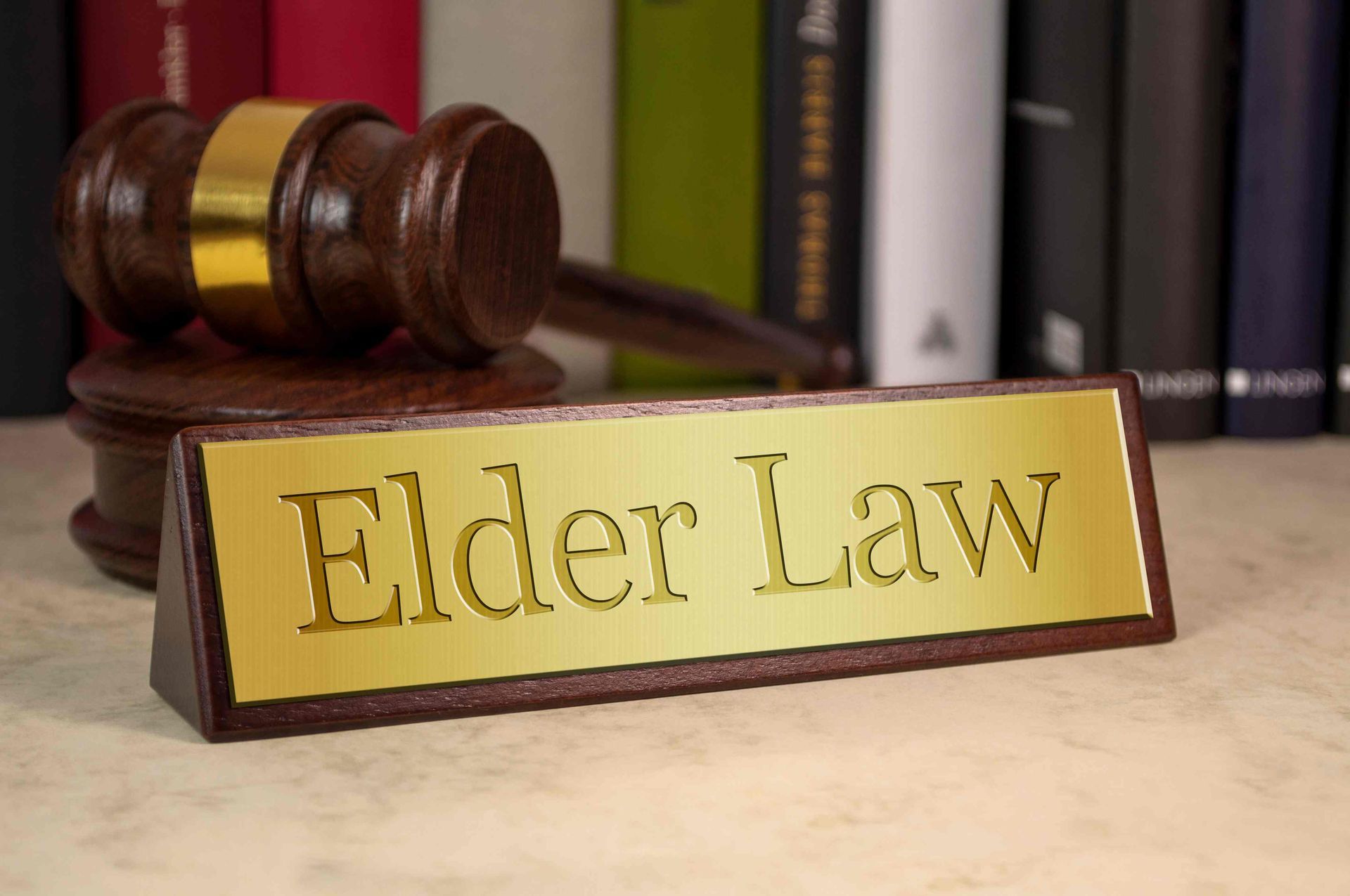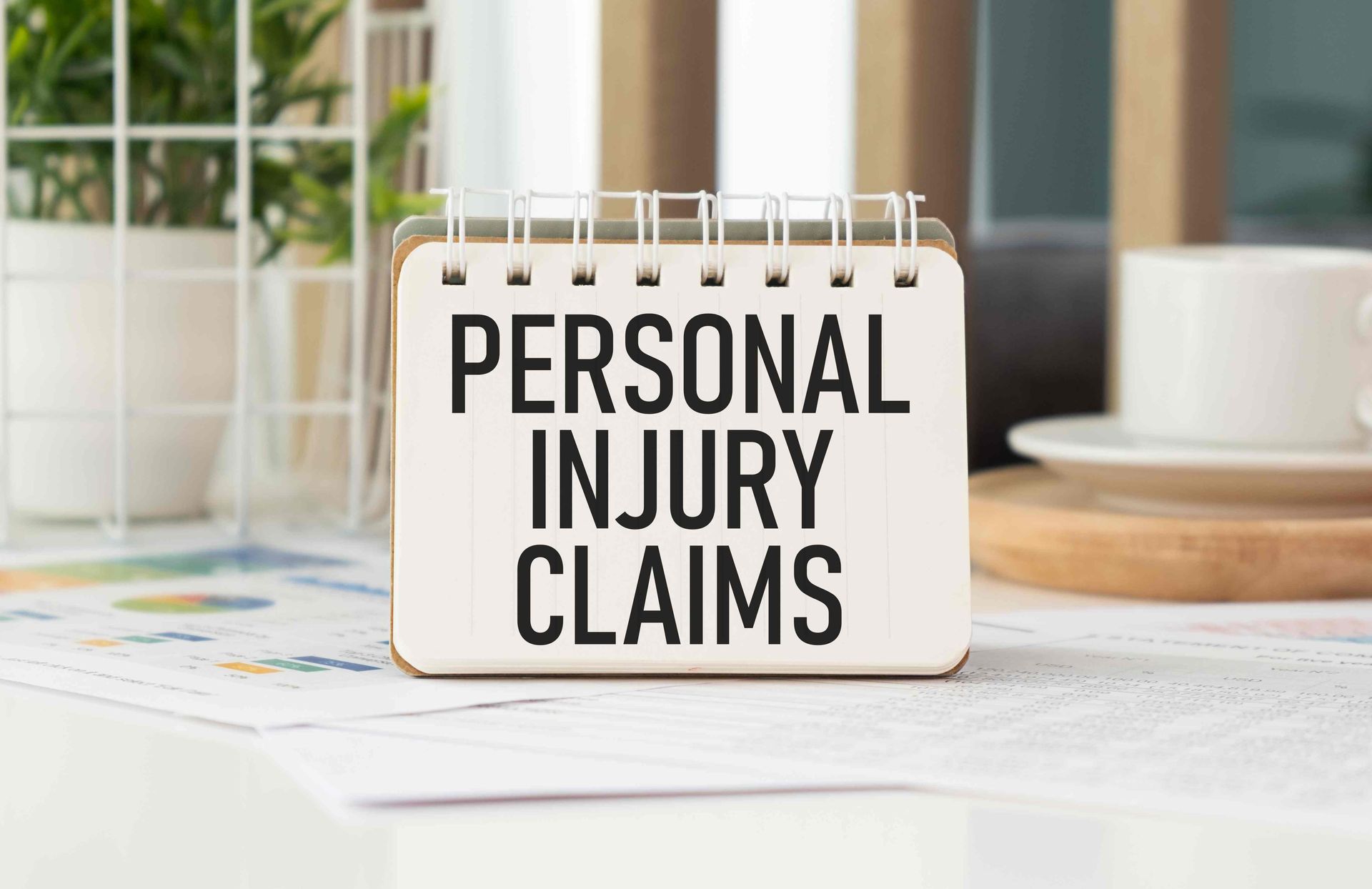Hiring the Best Work Injury Lawyer in Kentucky
If you suffered a work-related injury in Kentucky and are struggling to claim compensation, you must enlist the help of the best work injury lawyer in the state. In this article, we look into the common types of injuries workers deal with on the job and the mental impact of work-related injuries. We also discuss what to look for in an experienced work injury lawyer and their importance, duties, and responsibilities.
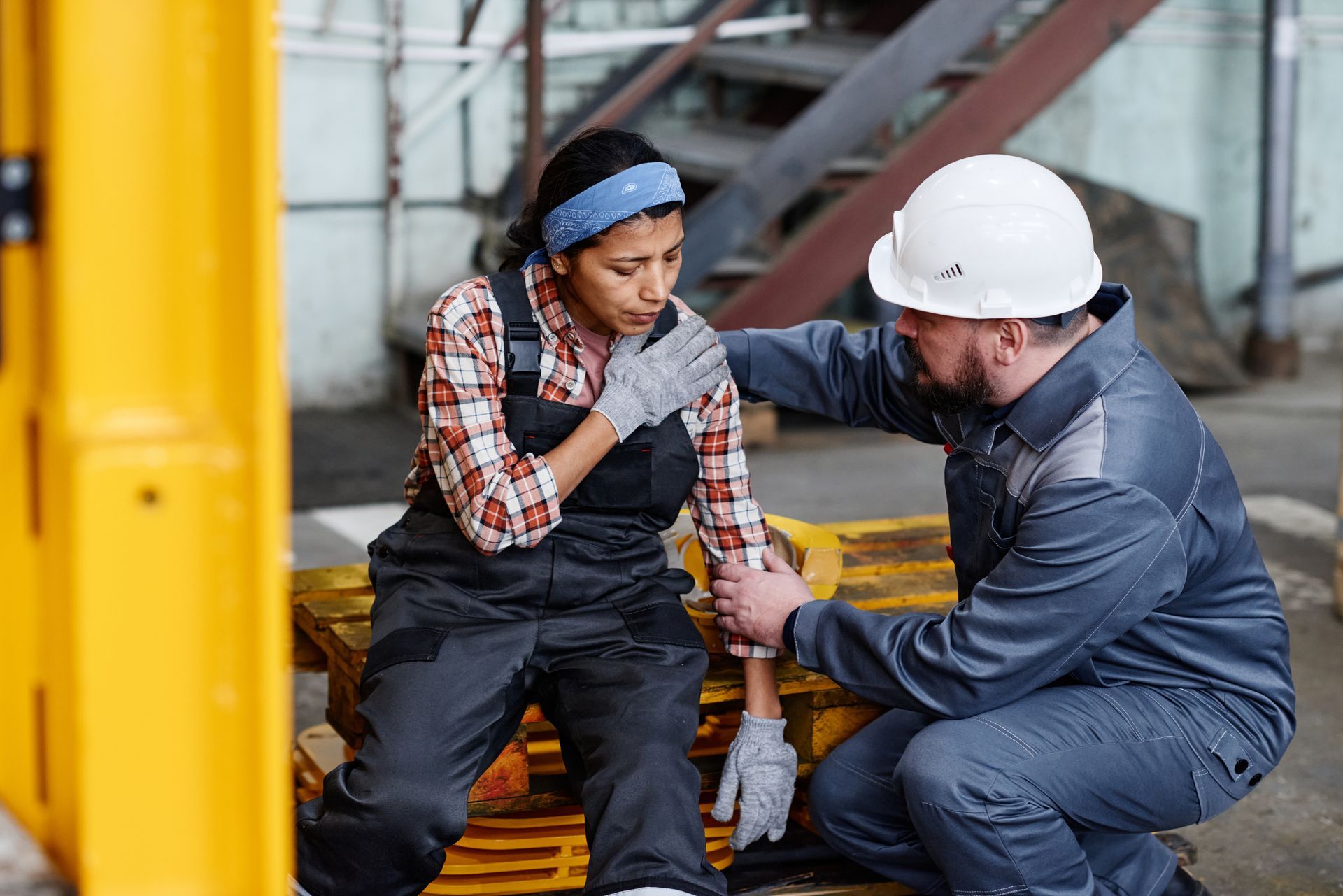
Types of Work-Related Injuries: Understanding Common Accidents and Hazards in the Workplace
Chapter 342 of the Kentucky Revised Statutes (KRS) outlines the state’s workers’ compensation law. §342.0011 (1) defines injury as “any work-related traumatic event or series of traumatic events, including cumulative trauma.” It further states that the traumatic event arises “out of and in the course of employment which is the proximate cause producing a harmful change in the human organism evidenced by objective medical findings.”
Here are a few common types of work-related injuries that arise due to accidents and hazards in the workplace:
- Back injuries, including strains, sprains, soft tissue injuries, herniated discs, and fractured vertebrae
- Hearing loss
- Cumulative trauma or wear and tear injuries due to improper technique or overuse, including trigger finger, carpal tunnel syndrome, and tendinosis
- Degenerative disk disease (DDD)
- Limb amputation and loss
- Broken bones and fractures
- Coal Workers’ Black Lung Disease (CWP)
- High blood pressure or hypertension caused by work-related stress
- Electrocution
- Burns from exposure to heat sources or chemicals
Note that usually, off-site injuries may not get coverage under the workers’ compensation law.
Psychological Impact of Work Injuries
Many factors affect how a person responds to work injuries. According to the Substance Abuse and Mental Health Services Administration (SAMHSA), an individual’s response depends on the following factors:
- Characteristics
- Developmental processes
- The type of event
- The trauma’s significance
- Sociocultural factors
The SAMHSA adds that irrespective of the response “traumatic stress reactions are normal reactions to abnormal circumstances.” Individuals respond in different ways to trauma and exhibit various symptoms, which include:
- Exhaustion
- Sadness
- Anxiety
- Confusion
- Agitation
- Numbness
- Continuous distress
- Severe dissociation
- Intrusive flashbacks
People may also experience other delayed reactions to trauma such as:
- Chronic fatigue
- Impaired sleep
- Nightmares
- Fear of recurrence
- Anxiety focused on flashbacks
- Depression
- Avoiding emotions, sensations, and activities linked to the traumatic event
These responses negatively affect an injured worker’s ability to live life and work normally. It may also have an impact on their self-esteem and relationships which warrants medical attention.
In a few cases, Kentucky’s workers can get compensation for psychological injuries due to work-related accidents and injuries.
Over the years, the Kentucky Supreme Court has redefined injury under the workers’ compensation law and has recognized the seriousness of mental injuries in many court cases.
Prevention and Safety Measures: Strategies for Avoiding Work-Related Injuries
Here are a few tips to avoid work-related injuries:
- Always stay alert on the job and look out for potential workplace hazards.
- Ask your organization about its workplace safety practices and strictly follow them.
- Research safety vulnerabilities or organizational areas and functions prone to safety risks and talk to your employer about improving their safety levels.
- Attend safety training programs to learn more about workplace safety and best practices.
- Use personal protective equipment (PPE) properly.
- Do not take shortcuts or skip steps in work processes that may lead to safety issues.
- Inspect company vehicles before and after using them and drive safely.
- Take small breaks throughout your work day and regularly move around to combat the dangers of constantly working in a static position.
These simple tips will help you stay safe at the workplace while avoiding accidents and other hazards.
Qualities To Look For in the Best Work Injury Lawyer
Here are a few essential qualities a work injury lawyer must have:
- They must be able to communicate clearly and professionally with you and within legal environments. They should also regularly inform you about legal procedures, including your case’s progress and outcome.
- A work injury lawyer must have the research and analytical skills to absorb extensive data and make connections to establish a solid case.
- They must have sound judgment as well as act ethically and with integrity.
- They must also have empathy and compassion. They should care about the outcome of your case.
- Your lawyer must be assertive and make themselves heard while showing respect for other people.
- They must exhibit attention to detail and can creatively solve problems using available legal facts.
These qualities in a work injury lawyer will help you file your claim easily and ensure a smooth process.
Tips and Considerations When Hiring a Work Injury Lawyer
Below, we share a few tips to help you choose the best work injury lawyer for your case:
- Enlist an experienced lawyer who specializes in cases like yours.
- Ask your lawyer about their success rate.
- Ask your family and friends for referrals. You can also research the best lawyers online.
- Hire them on a contingency arrangement. This means that your lawyer does not get fully paid until you get your compensation.
- Select a personable lawyer whom you get along with.
- Pick a lawyer who has a professional and organized office.
These strategies will help you find a professional, experienced, reliable, and reputable lawyer.
The Importance of Specialization: Why Hiring a Professional Work Injury Lawyer Matters
Professional work injury lawyers like those from Bahe Cook Cantley & Nefzger specialize in workplace compensation law. We help ensure that workers are treated fairly. We also focus on resolving disputes between employers and employees or between co-workers.
Moreover, we represent claimants and help employees who sustained injuries at work receive suitable compensation. We also fulfill various legal duties and responsibilities on our clients’ behalf.
The Role of Work Injury Lawyers in Workers’ Compensation Lawsuits
Here are a few examples of what we do as work injury lawyers:
- Investigating workplace injury cases
- Collecting medical records to support claims for damages
- Obtaining relevant evidence to substantiate workplace injury claims
- Taking depositions from various individuals, including the claimant, witnesses, physicians, and other medical experts
- Conducting legal research
- Drafting legal documents, including pleadings, opinions, and motions
- Negotiating settlements
- Litigating workplace injury cases in court
Enlisting the services of a local, knowledgeable, and skilled work injury lawyer from Bahe Cook Cantley & Nefzger helps ensure a smooth claim-filing process so you can focus on recovering from your injuries.
Conclusion
Work injuries take a physical, emotional, and mental toll on workers and their families. Moreover, recovering compensation for workplace injuries can be challenging.
Our compassionate and experienced team of work injury lawyers can help you avoid issues and file claims on your behalf quickly and easily.
So, contact us today and book a free consultation to learn about your legal rights and options.

